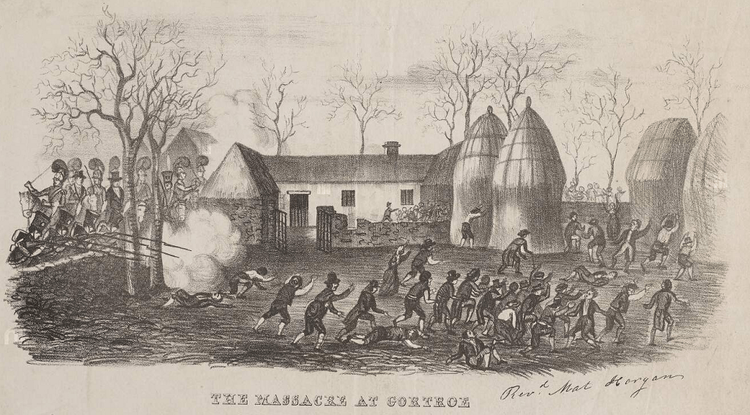By William Sheehan & Maura Cronin

The chaotic history of riots and public disorder in Ireland since 1570. A collection of papers presented by historians at Mary Immaculate College, University of Limerick on riots and public violence across 16th, 17th 18th, 19th, 20th and 21st Century Ireland. Including:
- The Dublin Parliamentary Elections 1613
- Urban Riots and Popular Protest in Ireland, 1540 to 1640.
- Riot at Cook Street, 1629
- Recovering the freight of the Julia: Conflict on a Connemara Island
- The political mobilisation of the Irish poor, 1851-1878
- 'The Irish and the English criminal justice system in London
- 'Conditioned Constitutionalists': The reaction of Fianna Fail grass-roots to the IRA Border Campaign, 1956 — 1962
- 'Notorious Anarchists': The Irish Smallholder and the State during the Emergency (1939-45)
- Government responses to gang violence in pre-Famine Munster. A Riot at Glenosheen, 1822
- The Great Protestant Meeting: 19 December 1834
- 'The one remarkable fact': Belfast, August, 1969.
- The 1830’s Tithe Slaughters
- The Tactical Repertoire of the Whitefeet Movement
- 'A Centre of Turbulence and Rioting': Limerick between the Easter Rising and the Conscription Crisis
